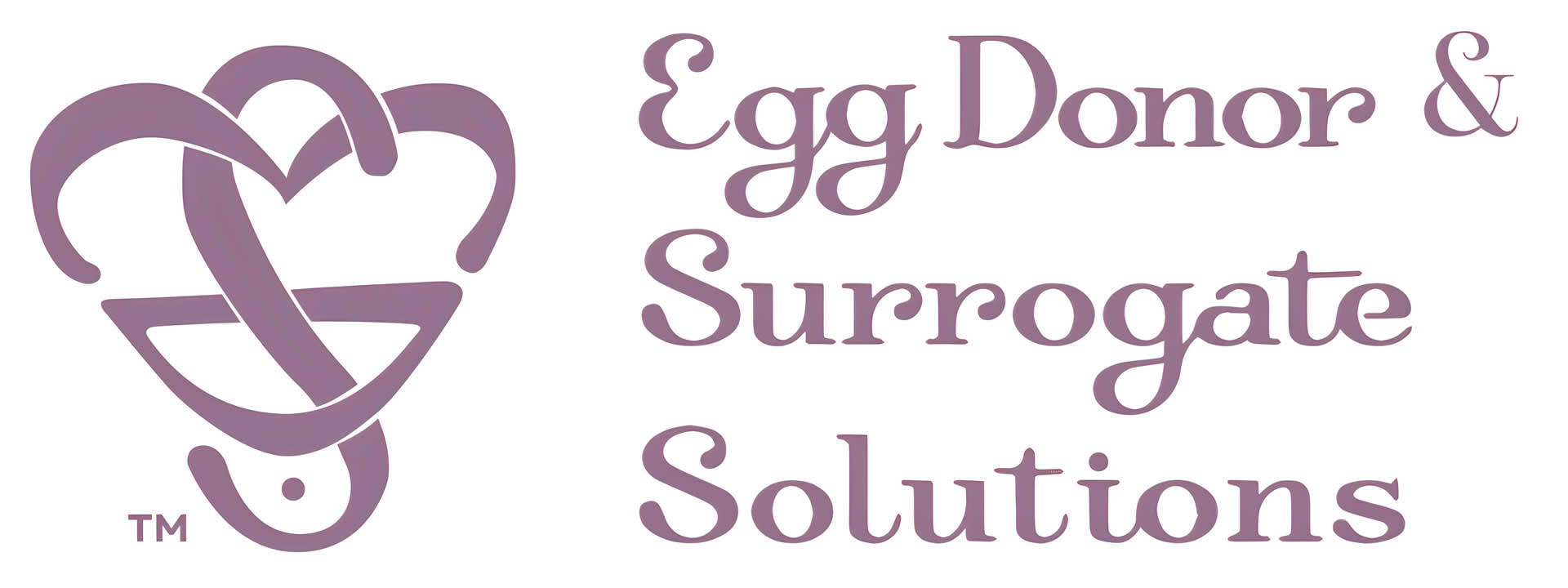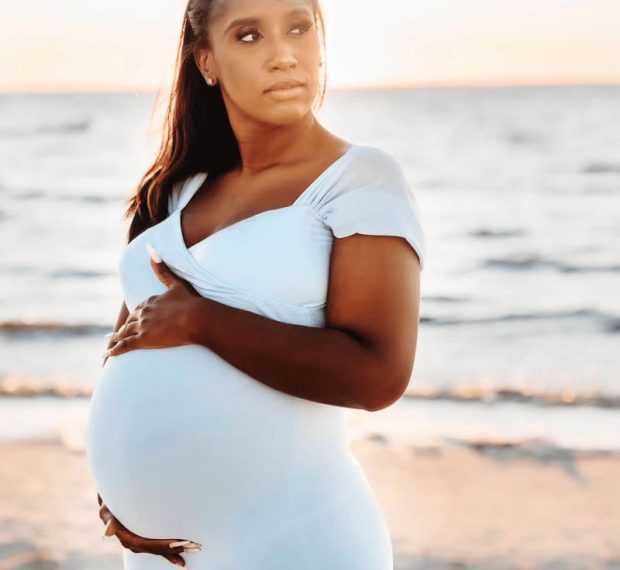Infertility issues are becoming more and more common. This has many couples searching for solutions. Many are turning to Assisted Reproduction Technology (ART). One example of ART is Egg donation. The egg donation process is pretty straight forward. To become a qualified egg donor there is a required intensive screening by a fertility clinic. The donor’s eggs will be retrieved for a fertility cycle with the Intended Parent or a chosen surrogate. IVF, or Invitro fertilization is the process women go through to donate eggs. IVF is a safe, and reliable procedure that produces a high percentage of successful pregnancies. It is not a short process as it can take 6-14 weeks.
There are a few factors that make an egg donor a great candidate, here are a few:
Proven Fertility
A great candidate for egg donation must be fertile. To have proven fertility, she will have donated before or she might have had a successful pregnancy and birth of her own. If a potential donor doesn’t have a history of pregnancy and hasn’t donated before, she can have her fertility levels checked. This blood test is called AMH, or Anti-Müllerian hormone. This is a hormone secreted by the ovarian follicle. The higher the number, the more potential eggs you have. Of course, donors with proven fertility would be more likely to be quickly matched.
Clean Personal and Family Health History
A potential egg donor should have a clean personal health history. Within the past year, she should not have been diagnosed/treated for any STD’s. She should not have any inherited genetic conditions (or be a carrier). She should be alcohol-free, smoke-free and drug free. Egg Donors who are great candidates for this process should live a healthy lifestyle. Beyond her personal health, her family should be healthy as well. Genetic conditions and/or specific disease can disqualify her. Specifically, the disease cannot be infectious and if more than two family members on the same side have it, she will have extra screenings. Some diseases come with old age, which is understandable. Family members who were diagnosed within their 40’s or earlier with the disease would be a red flag. The thought is the healthier the donor, the healthier her eggs.
Educated
Education plays a small role in the matching process with egg donors. Although, not required egg donors who have a higher GPA or great ACT and/or SAT scores are more desired. Likewise, having a college degree is desired by some Intended Parents. Each egg donor is required to have a high school diploma or GED.
Flexible Schedule and willing to travel
Egg donors need to have some flexibility in their schedule. Depending on where the donor lives there may not be a clinic who specializes in ART or the egg donation process. This would mean that they would need to travel for the required medical tests. If a candidate cannot travel, this would limit her chances of getting matched. Likewise, Egg donors need to have a flexible schedule. Some medical tests require quick turn around and she would need to make that a priority. There is a lot of time and money involved in the egg donation process, so a strong sense of commitment is needed. Egg donation is a huge commitment and once matched, it should be a big priority. To make everything work smoothing for all involved, it’s helpful for a donor to share her schedule in the early stages of the process.
Caring heart and enthusiasm to help couples
One desired quality of an egg donor is their positivity. Egg donors who are emotionally and mentally fit help make the process a success for everyone. Having a positive outlook on life and the egg donation process is desired. It is also imperative that egg donors understand the gift of family and how they are helping create one with their donation. Women with these characteristics understand the importance of the egg donation process and are often caring, committed and great to work with.
If you are interested in becoming an egg donor apply today at www.createahappyfamily.com.













